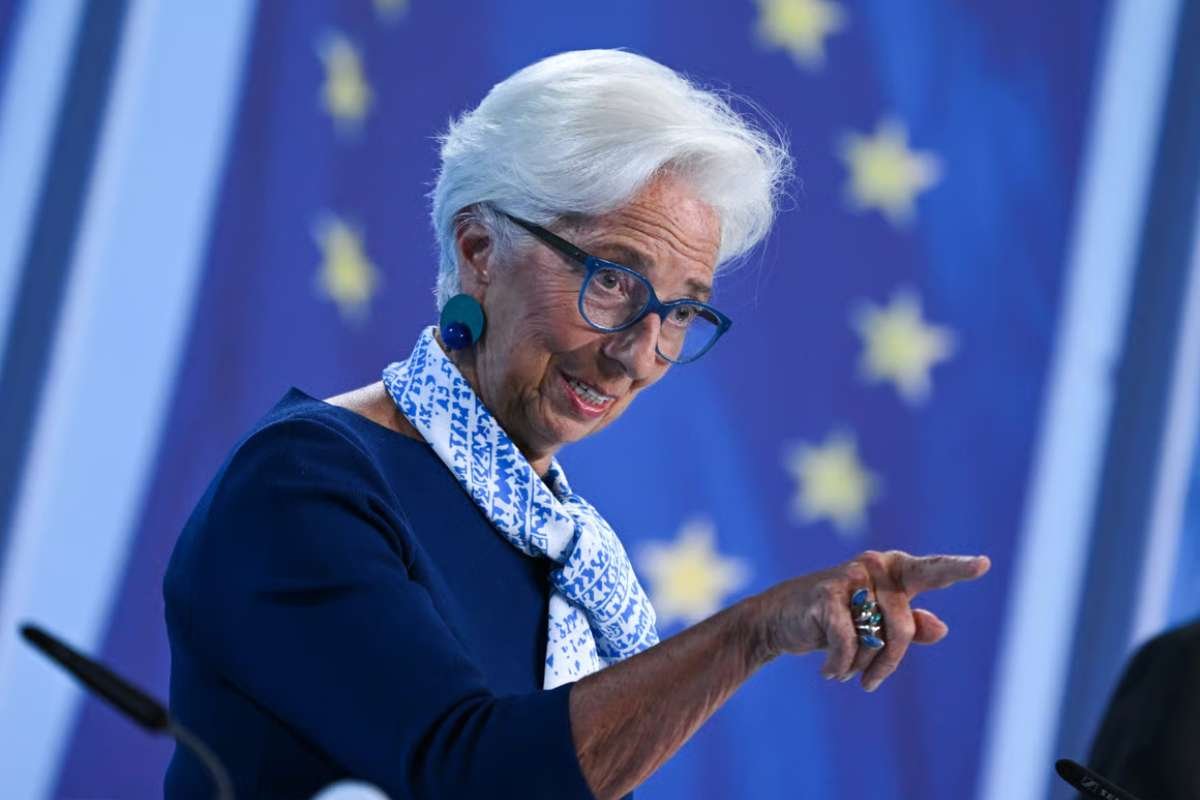Key Points:
- Migrants drive half of Europe’s recent labour-force growth.
- Migration offsets ageing and low birth rates, sustaining economies.
- Political resistance to migration threatens stability and growth.
European Central Bank President Christine Lagarde has underlined the decisive role of migrant workers in shaping Europe’s economic resilience. Addressing global policymakers, she explained that immigration has been instrumental in expanding output, reducing inflation, and preventing a recession in the eurozone.
Lagarde noted that while foreign-born workers account for just nine per cent of Europe’s labour force, they were responsible for half of its growth in recent years. Their contributions have been particularly evident in Germany and Spain, where they boosted productivity and supported post-pandemic recovery. She warned that without migration, Germany’s economy would be substantially smaller today.
She added that Europe’s population, which reached 450.4 million in 2024, was sustained largely by net migration—offsetting falling birth rates and helping to counter the challenges of stagnant wages and reduced working hours.
Migration as a Lifeline for an Ageing Europe
Christine Lagarde cautioned that migration is not a temporary fix but an essential component of Europe’s long-term economic survival. Without continued inflows of workers, the eurozone could lose millions from its working-age population by 2040, threatening output and public finances.
She stressed that foreign labour has done more than fill shortages—it has helped Europe weather inflationary shocks during the energy crisis and supply disruptions. This, she argued, allowed the eurozone to recover faster and more steadily than many forecasts anticipated.
Lagarde also noted that Europe is not alone in this experience. Countries such as Japan are seeing similar trends, where foreign workers, though few in number, account for a significant share of labour-force expansion. This, she said, reflects a global reality: ageing societies must increasingly rely on immigration to sustain economic growth.
Political Resistance Risks Undermining Progress
Despite these benefits, Christine Lagarde warned of growing political resistance to migration. Across Europe, governments are imposing tighter rules in response to populist movements and voter unease, a trend she described as a risk to economic stability.
She acknowledged that Europe’s labour market has come through recent shocks in “unexpectedly good shape,” but stressed that demographic decline, shorter working hours, and restrictive migration policies could weaken this progress.
Christine Lagarde urged policymakers to move beyond political pressures and recognise the central role migrants play in Europe’s economy. Without this, she cautioned, the eurozone could face slower growth, higher inflation, and reduced resilience in the years ahead.









